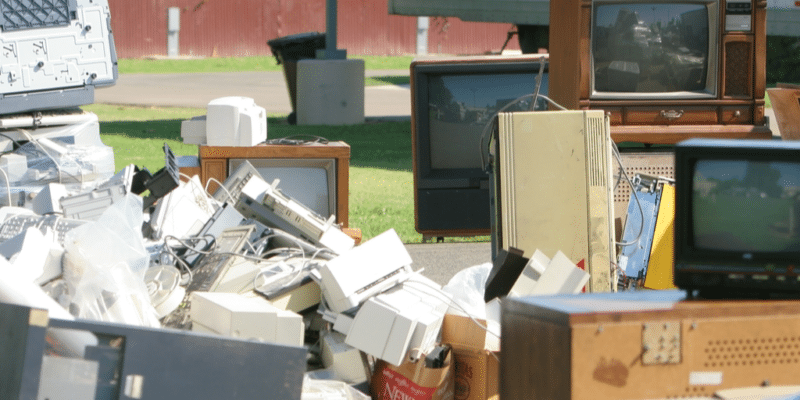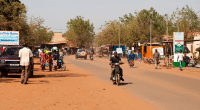In a bid to improve waste management in Ghana, the government recently launched a project called "Environmentally sound recycling and disposal of waste electrical and electronic equipment". In its first phase, the project will result in the construction of a dedicated centre for the purchase of e-waste from informal collectors or private individuals, as well as sorting.
In Ghana, the government wants to improve the management of e-waste. About 215,000 tonnes of this bulky waste arrives in Ghana each year “from Europe and the United States”, according to the United Nations Environment Programme (UNEP) report (2015). If the Ghanaian government cannot stop this waste from entering the country, it wants to recycle it. Thus, the authorities recently launched the “Environmentally sound recycling and disposal of waste electrical and electronic equipment” project. In its first phase, the government will finance the construction of a centre. In this facility, electronic waste will be purchased from informal collectors or private individuals. These used electronic devices will then be sorted.
“The project offers collectors or scrap dealers a price for four types of eligible e-waste. The amount we offer is slightly above the market value for each type of e-waste. We want to create an incentive mechanism for the sound collection, dismantling, recycling and or disposal of e-waste and thus reduce the damage to the environment and human health,” says Kweku Afriyie, Ghana’s Minister of Environment, Science, Technology and Innovation.
A project financed by KfW to the tune of 20 million euros
The future e-waste collection and sorting plant is expected to be operational by June 2021. Phase 2 of the “Environmentally sound recycling and disposal of waste electrical and electronic equipment” project will then be launched. This will include the establishment of a sustainable national e-waste recycling system in the West African country.
Each phase of the e-waste project will cost €10 million, for a total of €20 million. The funds will come from Kreditanstalt für Wiederaufbau (KfW), the German development bank.
Inès Magoum







